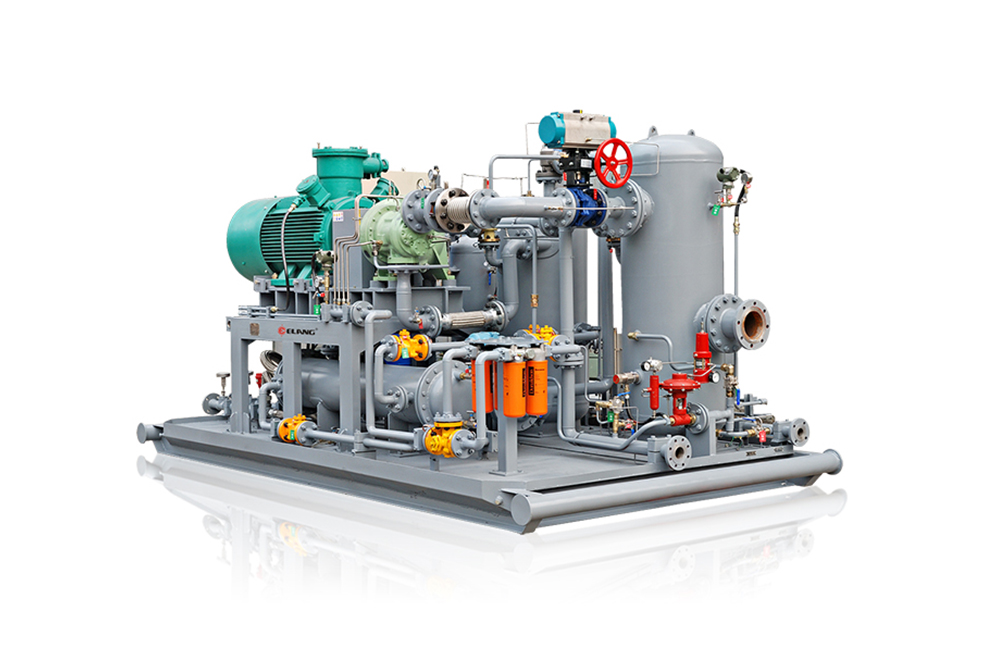Freight forwarding is a complex industry that involves the organization and execution of a product’s movement, starting from its point of origin to its final destination. Freight forwarders act as intermediaries between shippers and carriers to facilitate the transportation of cargo by land, sea or air. Their core responsibilities include booking shipments, preparing documentation, arranging customs clearance and warehousing. By handling all logistics and documentation work, freight forwarders allow shippers to focus on their core business activities while ensuring cargo reaches its destinations safely and on time.
Freight Consolidation and Shipment Planning
One of the key functions of freight forwarders is cargo consolidation. They combine individual shipments from multiple shippers heading towards the same location into a single large load. This achieves economies of scale by utilizing container or trailer space more efficiently. Freight Forwarding ders plan shipments by booking space on vessels, trucks and airplanes. They negotiate competitive rates with carriers based on cargo type, weight and dimensions. Route optimization is another important task to ensure cargo travels the shortest, fastest and most cost-effective route to its destination.
Regulatory Compliance and Documentation
International shipments require adherence to a wide variety of regulations and completion of extensive documentation. Freight forwarders provide compliance and advisory services to help shippers avoid delays and penalties. They prepare import/export documents such as commercial invoices, packing lists, bills of lading and certificates of origin. Additionally, freight forwarders aid with customs clearance procedures and coordinate inspections as necessary. Non-compliance with regulatory norms can prove costly, so freight forwarders play a vital role in facilitating smooth cross-border movement of goods.
Warehousing and Distribution Services
Freight forwarders may offer value-added services beyond basic transportation. This includes short or long term warehousing of cargo before or after shipment. Warehouses maintained by freight forwarders have modern facilities and equipment to handle products safely and securely. Distribution services such as order fulfillment, delivery scheduling and tracking are another added advantage provided to shippers. Temporary storage and order management capabilities of freight forwarders benefit importers/exporters in minimizing inventory costs and meeting customer expectations.
Role in International Trade Development
Globalization has tremendously increased physical flows of merchandise across geographies. Freight forwarders play an indispensable role in developing and sustaining international trade by facilitating movement of raw materials, components and finished goods worldwide. They connect producers and consumers on a global scale by transporting cargo internationally in an efficient and cost-effective manner. By providing logistic expertise and managing complex supply chains, freight forwarders enable countries and businesses to trade with each other seamlessly. Their global networks and reliable services are crucial in propelling international commerce to greater heights.
Multimodal Solutions and Carrier Management
Modern freight forwarders offer multimodal transportation combining two or more modes of transport. For instance, transport of cargo over long distances may involve road, sea and rail interfaces arranged seamlessly by the freight forwarder. This provides shippers flexibility and resilience against shipment delays. Freight forwarders maintain relationships with a wide array of carriers including airlines, shipping lines, railroads and trucking companies. They monitor carrier performance on metrics like reliability, safety records and customer satisfaction. This carrier selection and management responsibility ensures timely execution of shipments by the most suitable transportation provider.
Technological Innovation Transforming the Industry
Technology is revolutionizing various aspects of freight forwarding. Digitization of documents has streamlined processes, cutting transaction times and costs. Freight forwarders avail advanced hardware and software for shipment tracking in real-time. Transportation management systems (TMS) are revamping operations to provide enhanced visibility and control throughout supply chains. Blockchain, AI and IoT promise to further optimize areas like customs clearance, container utilization and route planning. Adoption of technologies like these enables freight forwarders to offer qualitative improvements and smarter logistics solutions as trade volumes escalate globally.
Addressing Unique Regions and Industry Sectors
Given the complex nature of global trade lanes, freight forwarders tailor their offerings to meet specific regional and sectoral needs. For instance, transportation into or within emerging markets requires solution-oriented strategies overcoming infrastructural challenges. Similarly, forwarders created specialized verticals focused on transport of perishables, valuable goods, project cargo etc. They address demand across industries including manufacturing, oil/gas, mining, agriculture, retail and healthcare. Development of such domain expertise has allowed freight forwarders to establish themselves as indispensable partners in diverse global supply chains.
Emerging Trends in Freight Forwarding Industry
The freight forwarding industry is evolving rapidly to keep pace with dynamically transforming trade patterns worldwide. Onshoring and nearshoring trends may reduce cargo volumes in long-distance ocean freight lanes. Yet road transportation and final mile deliveries are gaining strategic traction globally. Sustainability initiatives are motivating forwarders to adopt renewable fuels and emission cutting measures during transit. Growth of e-commerce entails futuristic logistics environments combining parcel delivery services with standard supply chain management. Drone and autonomous vehicle deployments for transportation of non-bulk cargo are in developmental stages. Overall, freight forwarders’ abilities to track shifting demand trends and implement innovative solutions will drive their continued relevance as world trade multipliers.
Freight forwarding represents a pivotal but often under-appreciated spoke enabling undisturbed movement of merchandise in the gigantic wheel of international business. In today’s globalized markets characterized by compressed lead times, forwarders facilitate just-in-time production and distribution processes through efficient transportation management. Their comprehensive logistics services shield shippers from regulatory hassles while ensuring commercially viable cargo flow across borders. As globalization deepens trade inter-dependencies between economies, the indispensable nature of freight forwarding as a trade catalyst will only rise further in the years ahead.



